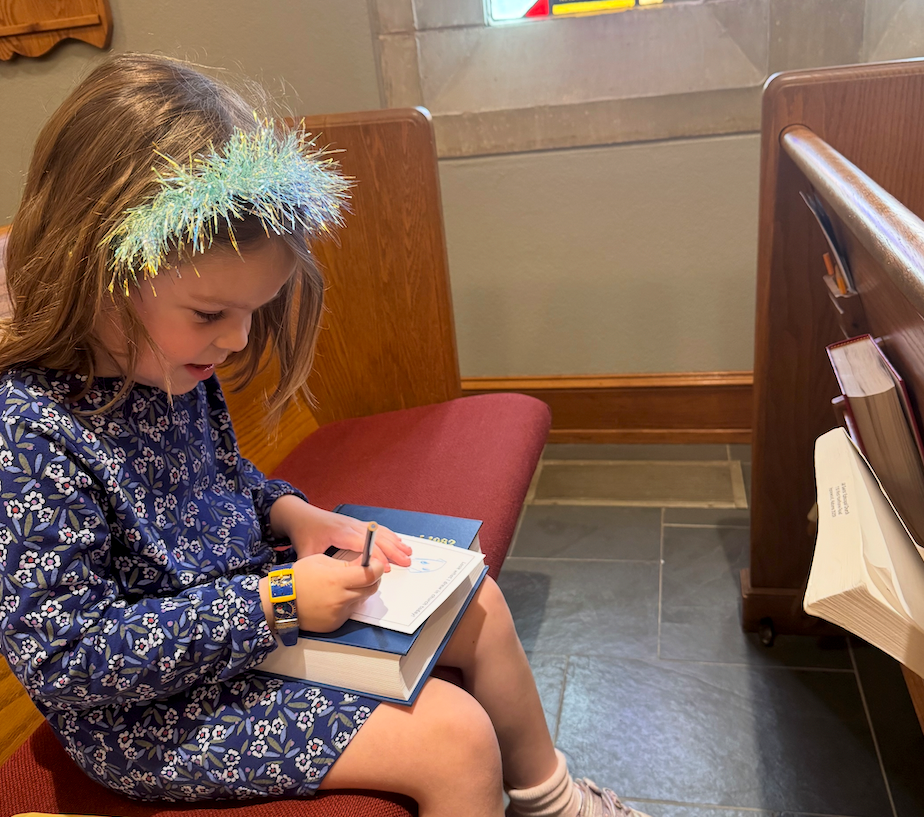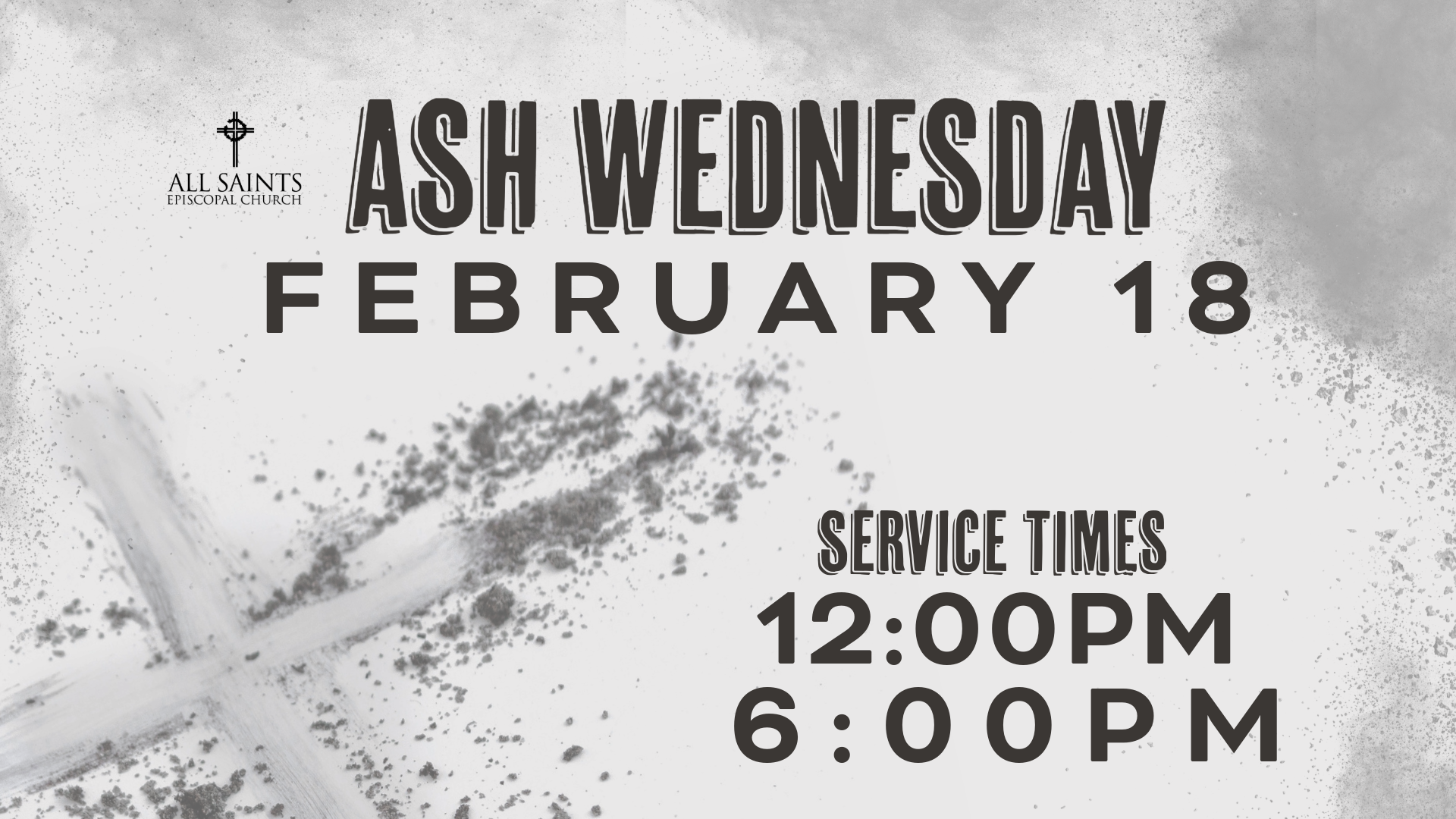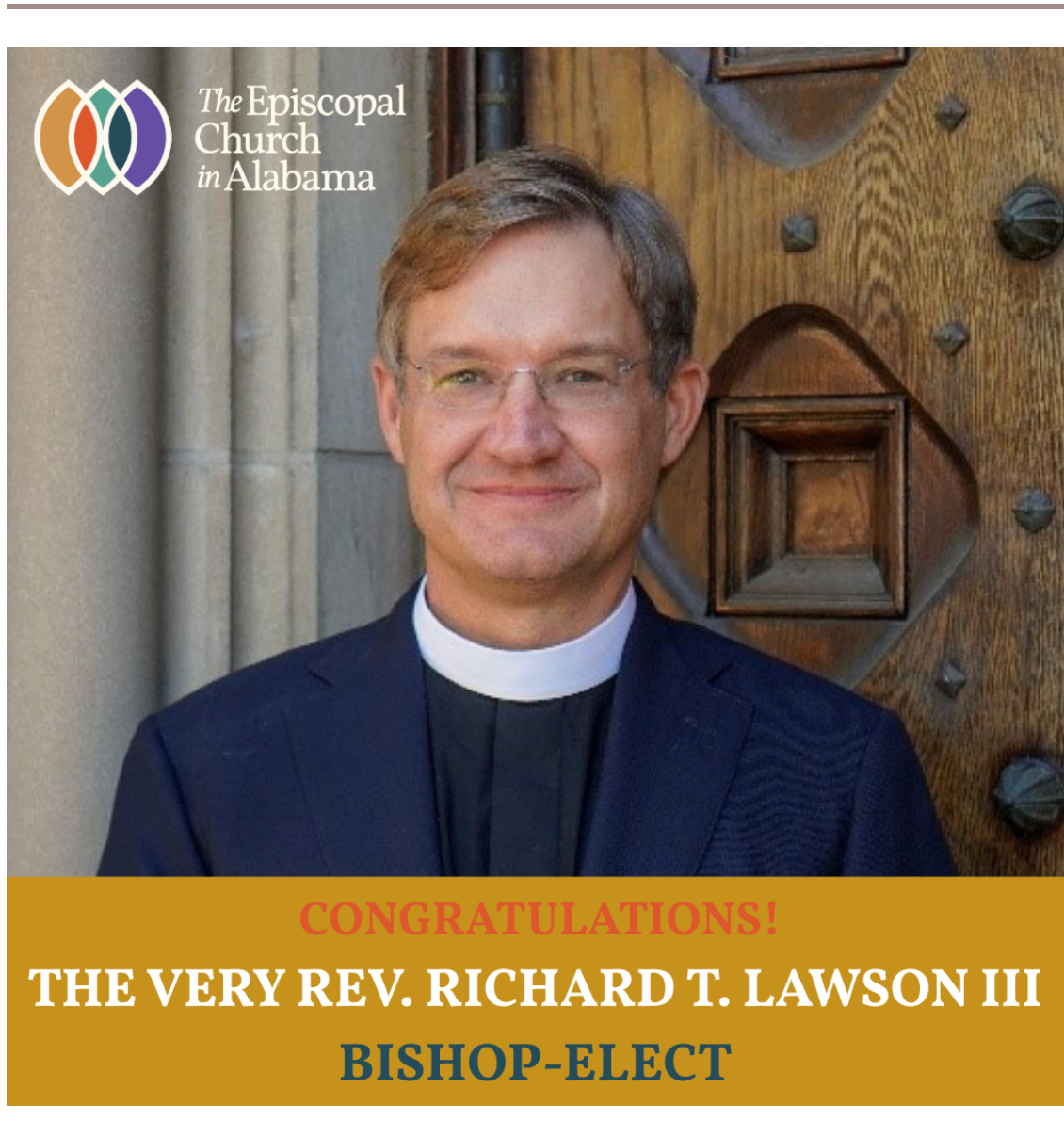Proclaiming Shalom
All-peaceful God, let my words be your words and when my words are not your words, let your people be wise enough to know the same. Amen.
If you have ever received an email from me, I probably concluded the digital correspondence by writing “God’s Peace,” as a shorthand way of saying, “May the peace of Almighty God, which passes all understanding be upon you and remain with you, now and always.” You can probably understand why I’ve shortened that phrase to “God’s Peace.” Typing these words have become so ingrained in me that I sometimes do not even think about what I am pressing on the keyboard. Am I simply wishing you to have a good day? Is this just a religious way of saying, “Best wishes”? Or, is this a prayer for peace and something more?
Peace might seem unattainable in our world today. The United States, which is about to turn 246 years old as a nation, is not at war with anyone—at least not at the moment. However, war rages in Ukraine; gun violence infects our schools, churches, streets, and homes; political battles are soaked not just in passive aggressiveness, but in real threats of physical violence; some say that we are at war with a woman’s autonomy of her own body; and many of us feel restless with the state of the world. So, as much as I wish I could just email everyone, “God’s peace,” and that make things all better, I do not believe that will bring much aid or comfort during these intense times. We find ourselves situated within a way of violence that goes back not just to the start of our country, but millennia before that, so where do we go from here?
Peter Rollins, a Northern Irish Theologian, once said, “Violence is the termination of conversation or dialogue.”[1] What I took from these words is that when we can no longer peaceably communicate with one another violence ensues—whether or not any shots are fired, or punches are thrown. However, what happens when the shouting voices all around us in society do not even want to take a breath to pause from spewing vitriol? What do we do not to react, but to respond to all the hurt around us, so the conversation can continue? How do we bring peace to all the open wounds of our day?
A long time ago, a wise soul also knew that the world was immersed in violent ways avoiding the conversation and deeply hurting. That wise one was Jesus of Nazareth, a faithful, Jewish man who lived under an oppressive regime who had colonized his people. This empire pronounced a supposed peace that was more fear of might than lasting tranquility. The Pax Romana, the peace of Rome, was a fallacy based on the myth that might makes right.
On top of this, the religious leaders of his day brokered in power—often cozying up to the imperial leaders. When things got out of hand these leaders of the Faith would not enact violence, but instead ask the Empire to do it, so that the religious ones avoided ritualistic impurity. This time two thousand years ago in 1st Century, Roman-occupied, Jewish Palestine was not all that different than our own age.
And yet, Jesus still had the audacity to send seventy-two of his followers, people like you and me, out on what could only be described as a fool’s errand. Why did he do this? Because Jesus knew that the people in these cities and towns were wounded, in much the same way that people in our day are wounded—and what would be the salve for these injuries? Not the Peace of Rome, but the Peace of God. This was a marvelous opportunity!
“The harvest is plentiful” was the way Jesus said it; “But, the laborers are few,” he added. Then he sent them on their way urgently! They were to go right then, unprepared! This would be akin to sheep being amongst wolves. The Seventy-Two were not to pack anything, leaving them in a vulnerable position, but certainly Jesus would give them some secret healing power to cure the hurt that so many were feeling, right?
What did the text tell us? It informs us that Jesus sent his followers with simple words for each home, “Peace to this house!” That’s it. So, are we back to emailing the whole world a message of thoughts and prayers or peace and love? NO! You may already know this, but our word for peace suffers from being weighed down carrying too many veiled meanings.
Peace seems to mean too many things and nothing at all. United Nations peacekeeping missions often include lots of weapons to ensure that peace sticks, and understandably so. Peace to some means a lack of gunshots in their neighborhood, but to others it points to a feeling that occurs when everything is just perfect—so often a state that is unattainable. Now, none of these comes anywhere close to capturing what Jesus said.
Last Sunday night, though Jeannie Feldman did. At the start of Vacation Bible School, Jeannie, one of our outstanding Children’s Ministers (along with Kathleen Busbee and Joie Hoke and so many amazing volunteers), last Sunday night, Jeannie started the whole VBS by saying “Shalom!” Brad, added "Shalom y'all!" Now, that is the same word that we translate as peace in our Gospel lesson for today. Our children at VBS learned more about Shalom throughout the week. It does not simply mean peace—it’s not a fuzzy feeling of calm, nor is it an absence of open hostility, rather it is a word that signifies that God yearns for your healing, your restoration, and your salvation.
Those who were audaciously sent out like sheep among wolves were armed only with the message of peace, but that peace known as Shalom changed the world, and it still has that power today. When Jesus’ messengers were visiting new towns and sharing God’s peace, something remarkable took place. Despite not having anything in the way of provisions, God provided for them through the generosity of their neighbors. Despite not having anything extra, they were able to bring God’s abundant healing to the open wounds of many. Despite only having God’s Shalom, they cast out demons, which a mentor (the Rev. Tom Macfie Jr.) told me are a great way of saying our false selves.
The seventy-two messengers of God went out and they found others who were attracted to healing, restoration, and salvation. Funny enough the travelers received this sort of peace in the hospitality they received. If they had lost hope in their fellow humans, those wounds were healed when they were welcomed, housed, and fed by strangers. Then, they shared this Shalom with others as together they did God’s work of ministry even before Jesus was able to do that work in many of these places. That’s remarkable!
All this talk about Shalom and peace sounds so lovely back then, but what about in our day, which feels anything but peaceful? Not three weeks ago our beloved siblings in Christ at St. Stephen’s encountered violence within their holy walls. In recent days, historic legal decisions being reversed has left many feeling unsafe, angry, and depressed. And, across the globe we are watching in real time a bloody conflict between Russia and the Ukraine unfold. How do we bring Shalom to others when it feels anything but peaceful among, between, and within us?
First, when it comes to personal safety, it feels problematic at best for me to recommend anything that would put any of you in harm’s way. And, while what Jesus asked of the Seventy-Two was radical, it was also practical. When they encountered those who did not want to take part in Shalom, who did not want healing, restoration, and salvation, they were not to keep at it indefinitely. Instead, they were to wipe off the dirt, or in our case red clay, from their feet and keep going. And, that is what we too must do. We must bring Shalom to those who are ready to receive it. Remember: the harvest is plentiful!
But, what if we do not feel like that Shalom resides within us? Friends, sometimes you will be the one bringing healing, restoration, and salvation to others (you will be the Seventy-Two)—and sometimes you will be the one desperately in need of that healing (you will be one offering hospitality to peace-bearers).
The Seventy-Two went together in pairs to practice vulnerability and to bring peace. They completed their work not by browbeating or proselytizing, but by revealing God’s healing power already at work within individuals and households. The many who received these travelers were open and hospitable, which lead to transformation! In our day, we have the same opportunities set before us. As we see in others and experience within ourselves the hurts of this life, we are called to bring Shalom, to receive it, to vulnerably live as bearers of healing, restoration, and salvation—in other words, God’s peace, y'all! Amen.
More Announcements







